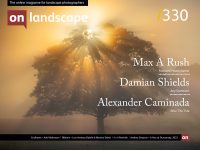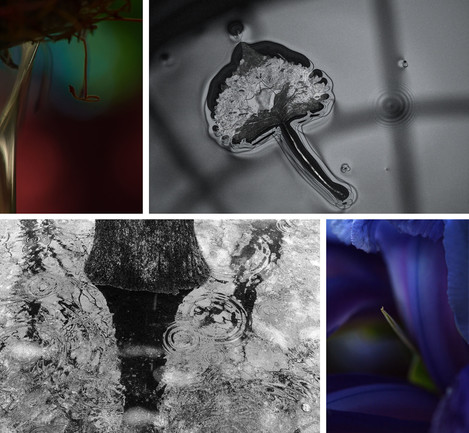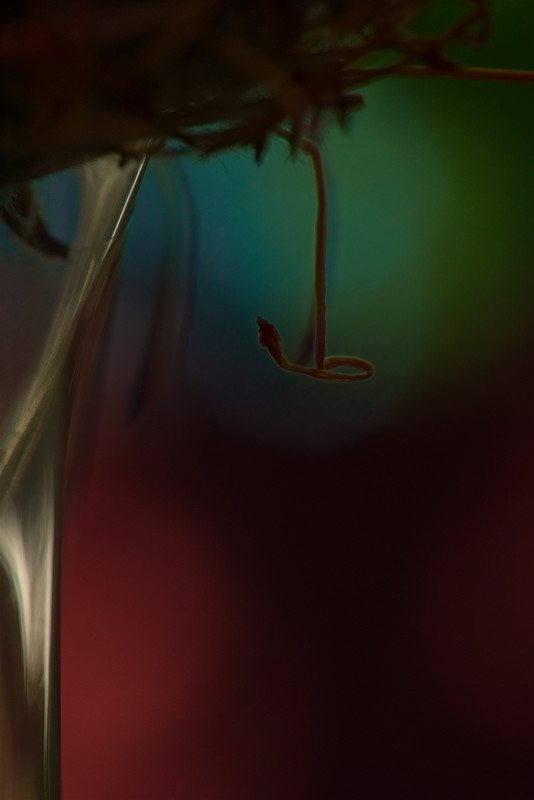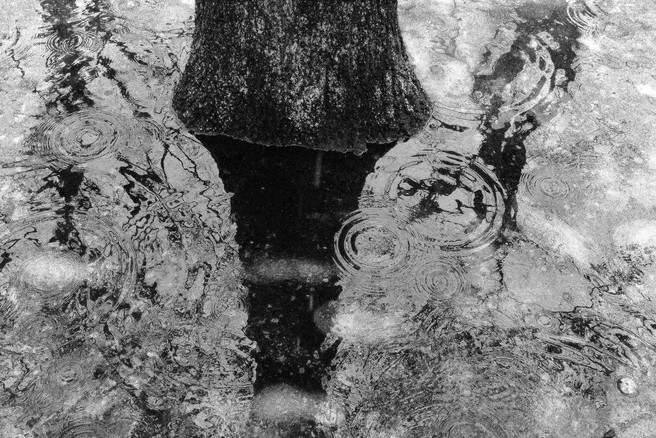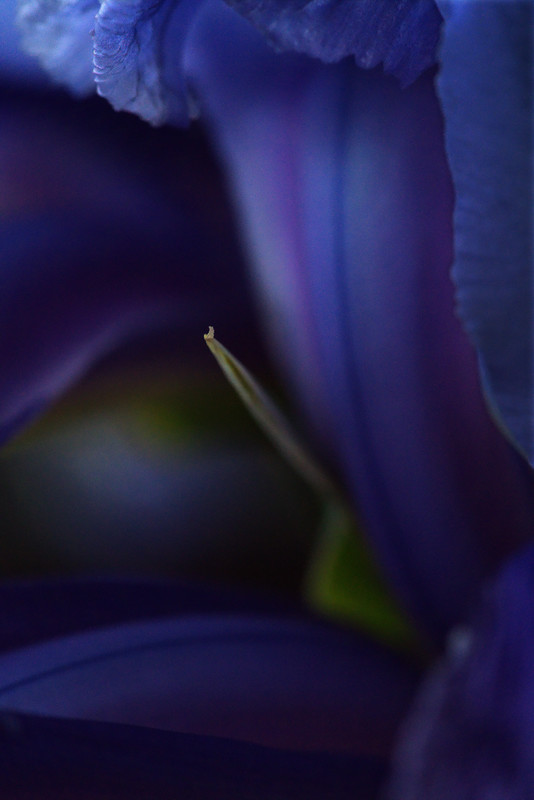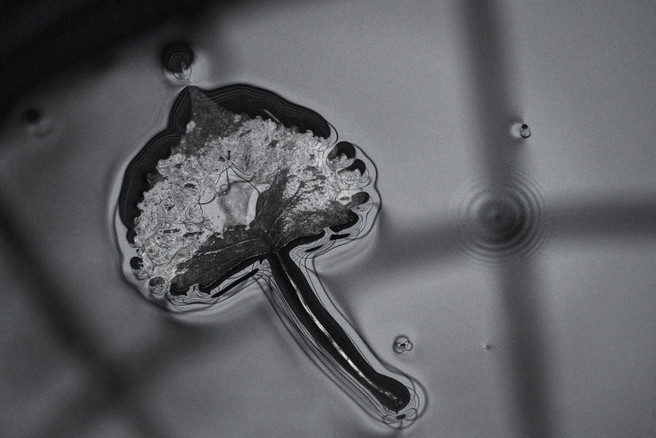Rocky Thies

Rocky Thies
As a worker: Imaging Specialist at Boston Children's Hospital, freelance editorial photographer, research associate at Univ. of California San Diego School of Medicine. Currently a roamer; as of June 2021 will be off on a 2 year explore around the U.S. in my self-built camper van, "Reveal."
Wonder is the first of all passions. RENE DESCARTES
Photography has been my passion since the early seventies, and over those years the work of making pictures has sustained and nourished me. Now retired, I've become curious about my inextinguishable desire to continue making pictures and why I look to nature for my raw materials.
A quote by Argentine poet Jorge Louis Borges was pivotal in helping me understand that art is a way and not a thing, it is a commitment one makes to being in the world. When asked, "What is the purpose of poetry?" Borges rhetorically responded, "What is the purpose of dawn? What is the purpose of a caress? What is the purpose of the smell of coffee? The purpose of poetry," he reflected, " is pleasure, it's for emotion, it's for living."
When I set out to make pictures I’m going out on an adventure, I’m going out to see what raw materials nature has to show me and how I might recast them into something other than what they are. This curiosity leaves the door ajar for those discoveries that occur at the intersection of chance and wisdom; I trust that I’ll return with a few pictures that capture Borges' sentiments with elegance, beauty, and wonderment, for in the end, the result of any good adventure should be awe and art.
I need to make pictures that look in rather than look at, pictures which offer the opportunity for a deeper dialogue with the viewer. An image that asks more questions than it answers is an image that delights and engages each time it is viewed. I strive to make photographs that are quiet and subtle, emotive and alive with intimacy, inventive and insightful. They are neither factual, nor representational: they are abstractions.
For a few years I’ve been experimenting with the creation of pictures in which recognizable raw materials morph into blurred abstractions of cloud-like colour fields, shaped shadows, and strange superimpositions through the optical trickery of long and macro lenses; this recasting of raw materials then becomes fertile ground for my explorations. With lenses racked out, I hunt serendipitously, close in amongst botanicals, where tiny shifts in my position result in fantastical landscapes that I can explore. Peering into these ephemeral worlds is breathtaking as I can't see the image until it reveals itself. In Looking at Photographs, John Szarkowski commented on a similar approach by Naomi Savage when he said of her picture, the result of a finicky darkroom process, “It is less about getting what one wants, and more a matter of being open to the possibility of wanting what one gets.”
To flesh out my notion of abstraction, let’s look at the sleight-of-hand captioned, Protea. A withered stamen hangs from a chaotic nest of ochre, twisted in a dying arabesque; evidence in a crime scene strewn with cloud-like blurs of sulfurous greens, cyanic blues, and the crimson of dried blood. On the left hangs a long cadaverous elbow – no longer just cellophane, but recast as a beautifully rendered bit player in a tableau vivant. One’s eye navigates this narcotic netherworld not cued by Renaissance perspective but quietly guided by subtle hints: the primary hues and their changes in tonality and density, the modulation of those hues by deep shadows, the more subtle cast shadows set adrift in space behind their objects, and the luminous background glow. Through abstraction and the illusions of lenses a dying bouquet lives in metaphor.
My passion for nature began at a very early age. Growing up in San Diego, CA in the 50s, we were outdoors from sunup until sundown exploring canyons and beaches and making pets of whatever creatures we could capture; we were home for chores, meals, and a bed and not much more. The natural world was and still is a source of solace and wonderment. It is the world which produced us, which holds our origins, and which remains the true home of our psyches.

